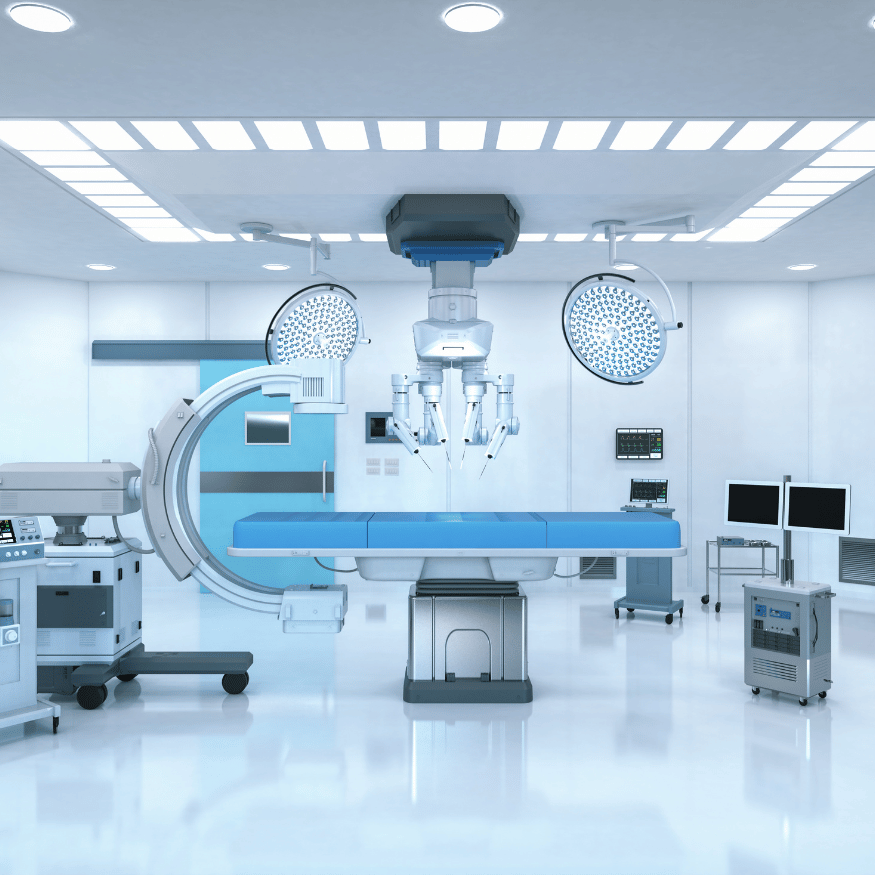
The role of dietetics after plastic surgery
Introduction
Discover how diet plays a crucial role after plastic surgery to speed healing and optimize results
Hydration
Hydration is essential for recovery after surgery. We recommend drinking enough water throughout the day. Avoid drinking during meals to avoid diluting the gastric juices needed for digestion. To avoid digestive discomfort, it is often advisable to drink in small sips outside mealtimes.
Protein intake
Proteins play an essential role in tissue repair and healing. After surgery, the body needs more protein to help rebuild cells. Protein sources can include lean meats, dairy products, eggs, and legumes. Protein supplements may also be recommended by a nutritionist.
Vitamins and Minerals
Vitamins and minerals are vital for supporting the immune system and promoting healing. For example, vitamin C is important for collagen formation, while zinc plays a role in wound healing. Supplements may be necessary to achieve the required levels, especially if dietary intake is limited after surgery.
Balanced and varied diet
A balanced diet rich in fruit and vegetables provides the nutrients needed for optimal recovery. Fruits and vegetables are rich in vitamins, minerals and antioxidants, which help reduce inflammation and support the immune system.

Avoid processed and sugar-rich foods
Foods rich in sugar and saturated fats can cause inflammation and slow down the healing process. It's advisable to avoid ready-made meals, fast food and sweets to promote faster, more effective recovery.
Frequent meals and small portions
Eating small portions frequently throughout the day can help maintain a steady supply of nutrients without overloading the digestive system. It can also help avoid the nausea and digestive discomfort that can occur after surgery.
Avoid Alcohol and Tobacco
Alcohol and tobacco can interfere with the healing process and increase the risk of complications. It is therefore advisable to avoid them during the recovery period.
Follow-up with a nutritionist
Regular follow-up with a nutritionist or dietician can help adapt the diet to the patient's specific needs and recovery progress. This ensures that all nutritional requirements are met for optimal recovery.
Conclusion
In conclusion, good nutrition is essential to support recovery after plastic surgery. It not only helps to speed up healing, but also to optimize the results of the operation. It's important to follow the advice of a healthcare professional to tailor your diet to your specific needs.
For more information on the role of dietetics after surgery, please consult this article: Role of dietetics after surgery.

Our aesthetic machines
